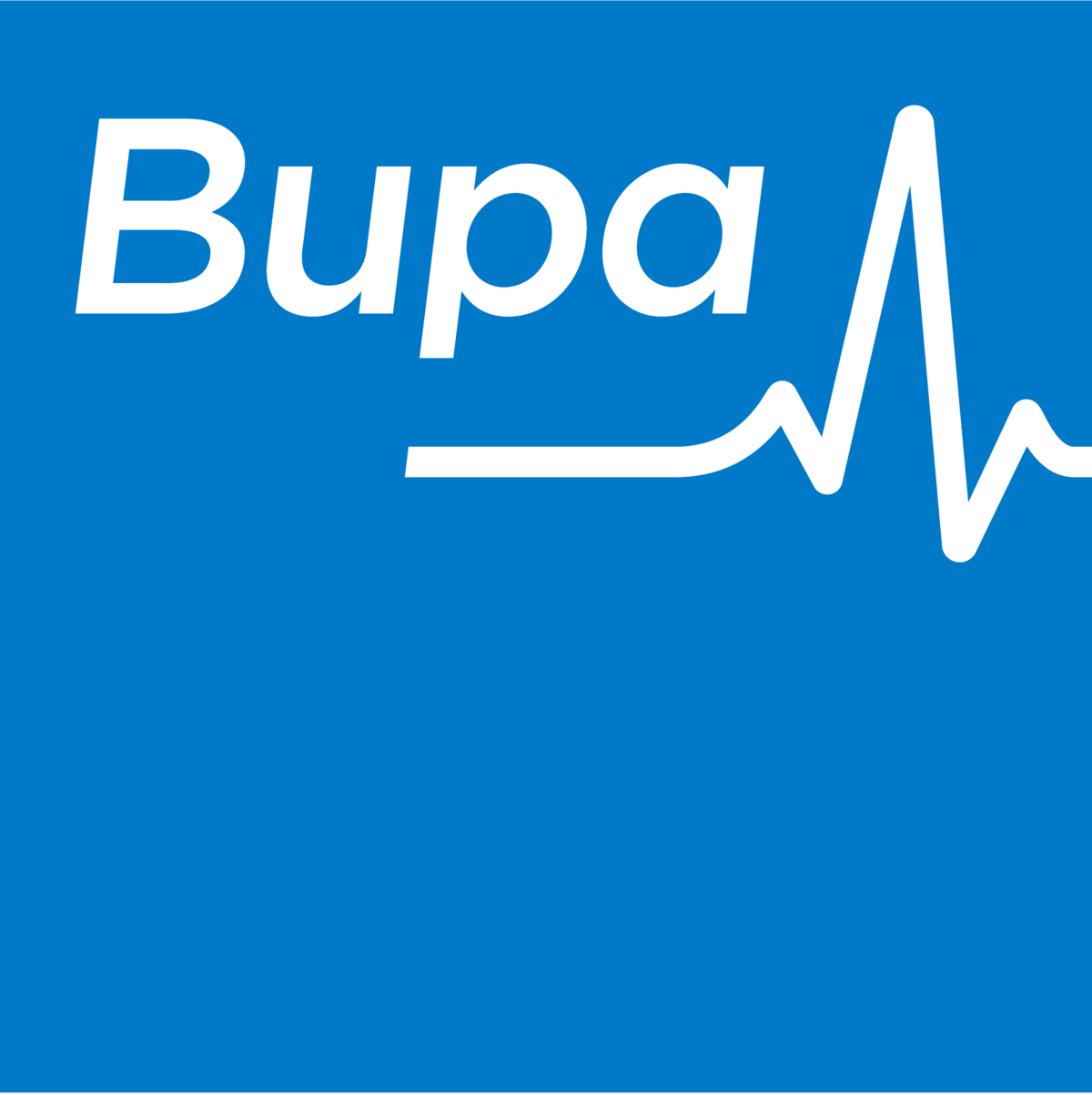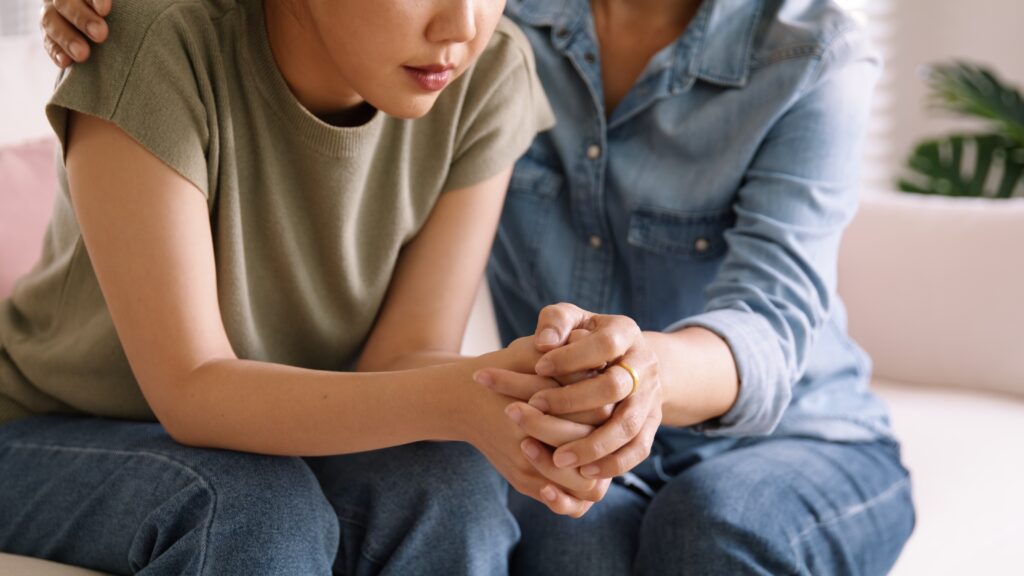Starting your exciting journey of studying abroad in Australia brings so many new experiences, from the thrill of newfound freedom to the challenge of making connections in a new country.
During the adventure, it’s important to navigate one aspect of your wellbeing with care and awareness: sexual health.
Maybe you’re not sure which contraception is right for you and your partner, or you’re having trouble understanding the nuances of consent in a new culture. Maybe you can’t find a sexual health clinic near you, or just need someone to talk to. Don’t worry – these situations are common among international students, and we’re here to help.
In this guide, we’ll give you the rundown on safe sex, understanding and reducing the risks of contracting sexually transmitted infections, and where you can go for help or support during your time in Australia.
What is safe or ‘safer’ sex?
Safe sex refers to actions and behaviours that aim to reduce the risk of sexually transmitted infections (STIs) and unplanned pregnancies. It’s often called ‘safer’ sex as it’s hard to eliminate 100 per cent of the risk.
The main ways you can practice safer sex include:
Using contraception: Regular and correct use of condoms during sex is one of the most effective ways to prevent the transmission of STIs and reduce the risk of an unplanned pregnancy.
Other options include birth control pills, intrauterine devices (IUDs) and hormonal implants.
Regular STI testing: Getting tested regularly for STIs can help you detect and treat infections early, reducing the risk of transmission.
Communication: Prioritise open and honest communication with your sexual partners. Discussing sexual histories, boundaries and expectations can help make sure you’re both on the same page.
Having safer sex means you’re staying responsible while prioritising the wellbeing and enjoyment of everyone involved.
What you need to know about…
Sexually transmitted infections (STIs)
An STI, or sexually transmitted infection, is an infection transmitted through sexual activity or intimate skin-to-skin contact with an infected partner. The most common STIs include chlamydia, herpes, HIV and gonorrhoea.
These infections can be caused by bacteria or viruses and may have a range of symptoms or, in some cases, no symptoms at all. STIs can affect anyone who is sexually active, regardless of age, gender or sexual orientation.
Regular testing is super important, especially for people who are sexually active or have multiple sexual partners. Testing helps detect infections early, allowing for quick treatment and prevention of further transmission.
Many STIs are treated with antibiotics or antiviral medications, while others are manageable with ongoing medical care. Early detection and treatment can help prevent complications.
Contraception and pregnancy prevention
There are various methods of contraception that help to prevent pregnancy. Common methods include condoms, birth control pills, intrauterine devices (IUDs) and implants.
Birth control pills are taken daily and contain hormones that prevent ovulation. Implants and IUDs are longer-term solutions; they’re small devices placed in the arm or uterus for years at a time.
What suits one person may not suit another. It’s important to choose a birth control method that works for you and your partner. Discussing contraceptive options with your doctor will help you and your partner make informed choices.
Consent
Consent is an agreement between all people involved before any sexual activity. It’s important that everyone clearly says yes to sex and feels comfortable.
Communication is important. Make sure you talk openly with your partner about what you’re comfortable with and respect their boundaries too. It’s your right to say ‘yes’ or ‘no’ at any time.
When it comes to drugs and alcohol, it’s important to know that they can affect judgment and decision-making. If someone is affected, they might not be able to give clear and informed consent. It’s crucial to be aware of both your and your partner’s state and avoid engaging in sexual activities when either of you is not fully able to understand and agree.
Access to sexual health services and support as an international student
If you’re looking for support, or to access sexual health services in your area, there are some options that could be available. Your Overseas Student Health Cover (OSHC) gives you access to a range of services including sexual health checkups and STI tests. Make sure to check your policy details to find out what you’re covered for.
As well as Australian national services and government websites like Relationships Australia, QLife, 1800Respect and healthdirect, your education provider may have a health centre, which will be able to provide you with advice and help or refer you to a doctor or specialist.
If your OSHC cover is with Bupa, you can use their online service Blua to video call with online doctors 24/7 in a range of languages to talk through any concerns you may have1, arrange chemist delivery2 which is ideal if you’re feeling unwell at night or don’t have a car.
Otherwise, you can see a Bupa-friendly doctor, who is a GP that submits your claim directly to Bupa which helps reduce or eliminate any payment on the day of your appointment. If a doctor charges more than the benefit you receive from Bupa, there may be some out-of-pocket expenses that won’t be covered by your insurance. Search here to find out more.
Bupa OSHC also covers in-hospital services3 such as:
- Gynaecology
- Miscarriage and termination of pregnancy
- Pregnancy and birth
- Male reproductive system; hospital care for diagnosing and treating issues with the male reproductive system, including procedures like vasectomy, circumcision, and prostate cancer treatment.
And out-patient medical services such as:
- GP consultations
- HPV vaccination
- Outpatient pregnancy services
- Specialist consultations
- Pathology (for blood tests)
- Selected pharmacy items4 not listed on the Pharmaceutical Benefits Scheme (PBS)
To find out more about Bupa OSHC visit: Overseas Student Health Cover Insurance (OSHC) | Bupa
To find a dedicated sexual health clinic in your area, the following websites have up-to-date information:
Sydney, NSW – PlaySafe NSW
Melbourne, VIC – Sexual Health Victoria
Brisbane, QLD – True Relationships and Reproductive Health
Canberra, ACT – Canberra Sexual Health Centre
Perth, WA – Sexual Health Quarters
Adelaide, SA – SHINE SA
Darwin, NT – Family Planning NT
Hobart, TAS – Sexual Health Services Tasmania
You can use the Health Direct Service Finder – Find a health service | healthdirect – to find a sexual health clinic in your area.
1Fund and policy rules apply. 100% of the cost will only be covered for Blua consults. Members will only be able to book general consultations via Blua. Consultations with specialists cannot be booked via Blua. Members who are under 18 years old may need to attend the consultation with a parent or guardian. Members’ preferred language may not be available 24/7.
2For orders that qualify for same-day delivery, cut-off times vary by location. Your delivery window will be confirmed in the app or website before you place your order. Delivery estimates are based on the participating chemist’s opening hours. If an order is confirmed, Blua chemist delivery service will use reasonable endeavours to deliver your order to the relevant address within the delivery timeframe stipulated in the app or website. Factors that may change the delivery time include when an order is confirmed and paid (eg. if it is paid outside of designated delivery or order hours), limited stock availability, or any adverse weather, traffic or other events. Learn more about Chemist2U.
3For services included on your cover. Yearly limits, waiting periods, policy and fund rules apply.
4Provided the items’ usage is approved by the Therapeutic Goods Administration (TGA) and not appearing on our exclusions list. Yearly limits, fund and policy rules apply.






